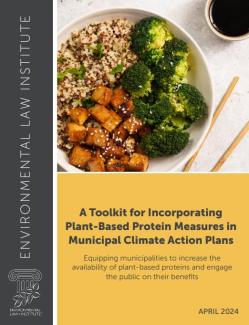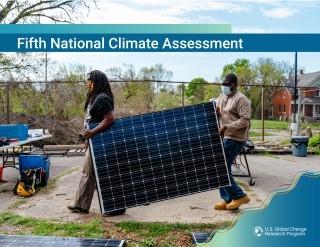Harnessing the Sun: The Promise of Agrivoltaics

As the world grapples with the dual challenges of climate change and food security, innovative solutions are emerging at the intersection of agriculture and renewable energy. 2023 was the hottest year on record, over 2 degrees Fahrenheit above the 20th-century average.








